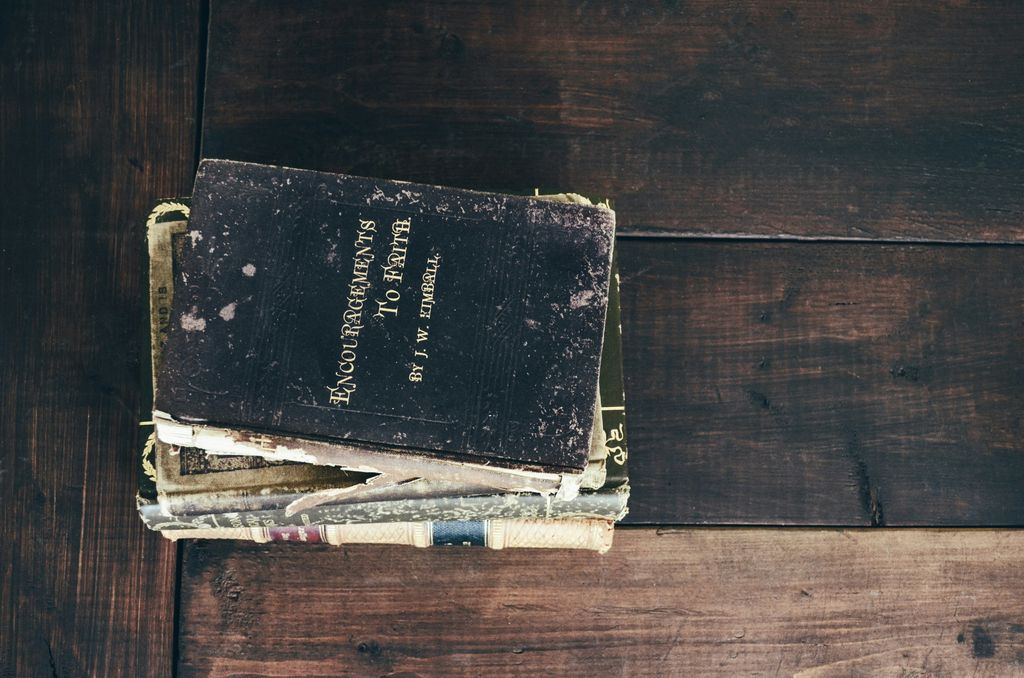Handling unpaid invoices in the USA-France wine and spirits trade can be a complex and challenging process. With the potential for cross-border legal issues and language barriers, it’s important to have a clear recovery system in place to ensure the successful retrieval of company funds. This article outlines a comprehensive 3-phase recovery system tailored to the unique demands of the industry, providing valuable insights into the process of handling unpaid invoices in this specific trade relationship.
Key Takeaways
- Swift and thorough initial recovery process is crucial for successful debt collection.
- Legal action should be considered based on the likelihood of recovery and the associated costs.
- Recommendations for closure or litigation depend on the investigation of debtor’s assets and the potential for recovery.
- Upfront legal costs for litigation range from $600.00 to $700.00, and subsequent collection rates are based on the age and amount of the accounts.
- The recovery system involves a 3-phase approach, including initial recovery, legal action, and recommendations for closure or litigation.
Recovery System for Company Funds
Phase One: Initial Recovery Process
Upon initiating the recovery process, swift action is taken to signal the urgency of the matter. Within 24 hours of account placement, a series of four letters is dispatched via US Mail to the debtor. Concurrently, skip-tracing and investigative measures are employed to secure optimal financial and contact information.
Efforts to engage the debtor and negotiate a resolution commence immediately, utilizing a mix of communication channels including phone calls, emails, text messages, and faxes. The collector’s persistence is marked by daily attempts over the first 30 to 60 days.
If these initial attempts fail to yield a resolution, the process escalates seamlessly to Phase Two, involving legal counsel within the debtor’s jurisdiction.
The table below outlines the frequency and methods of contact during this phase:
| Day Range | Contact Method |
|---|---|
| 1-30 | Daily Communication |
| 31-60 | Intensified Follow-up |
Should the debtor remain unresponsive, the case advances to the next phase, where the stakes are raised and the approach becomes more stringent.
Phase Two: Legal Action and Attorney Involvement
When amicable recovery efforts falter, the legal phase commences. An attorney within the debtor’s jurisdiction is engaged, brandishing the weight of the law. Immediate action is taken: a demand letter on law firm letterhead, followed by persistent calls. If these efforts hit a wall, a decision looms.
The choice is stark: proceed with litigation or pivot to standard collection tactics. Litigation entails upfront costs—court fees, filing charges—typically between $600 to $700.
Should you choose the legal route, here’s what to expect financially:
- Upfront Legal Costs: $600 – $700 (varies by jurisdiction)
- Collection Rates (if successful):
- 1-9 claims: 30% to 50% of amount collected
- 10+ claims: 27% to 50% of amount collected
The rates hinge on the age of the account and the number of claims. A lawsuit seeks full recovery, including filing costs. Failure to collect post-litigation means closure of the case, with no further dues to the firm or attorney.
Phase Three: Recommendations and Costs
Upon evaluating the debtor’s assets and the facts of the case, our firm will present one of two paths. If the likelihood of recovery is low, we advise closing the case, incurring no cost to you. Conversely, should litigation seem viable, a decision point arises.
Choosing not to litigate allows for withdrawal of the claim at no charge, or continuation of standard collection efforts. Opting for legal action necessitates upfront fees, generally between $600 to $700, covering court and filing expenses. These fees enable our attorneys to pursue all owed monies, including litigation costs.
Should litigation not result in recovery, the case concludes without further financial obligation to our firm or attorneys.
Our fee structure is competitive and varies based on claim age, amount, and volume. For instance:
- 1-9 claims: 30% for accounts under a year, 40% for older accounts, and 50% for accounts under $1000 or those requiring attorney involvement.
- 10+ claims: Reduced rates of 27% and 35% for accounts under and over a year respectively, 40% for accounts under $1000, and a consistent 50% for attorney-involved cases.
It is essential to weigh the potential recovery against the costs and risks associated with legal proceedings. Our team is dedicated to providing transparent and tailored advice to guide you through this complex process.
Frequently Asked Questions
What is the initial recovery process?
The initial recovery process involves sending letters to the debtor, skip-tracing, and attempting to contact the debtor to resolve the matter within the first 30 to 60 days.
What happens if the initial recovery process fails?
If the initial recovery process fails, the case is forwarded to one of our affiliated attorneys within the debtor’s jurisdiction for legal action.
What are the costs associated with legal action?
The costs associated with legal action include upfront legal costs such as court costs, filing fees, etc. These fees typically range from $600.00 to $700.00, depending on the debtor’s jurisdiction.
What are the recommendations for recovery?
The recommendations for recovery include either closing the case if recovery is not likely, or proceeding with legal action if recommended by our firm.
What are the rates for collection activity?
The rates for collection activity depend on the number of claims submitted and the age and amount of the accounts. Rates range from 27% to 50% of the amount collected.
What is the final step if legal action fails?
If legal action fails, the case will be closed and there will be no obligation to pay our firm or our affiliated attorney.





